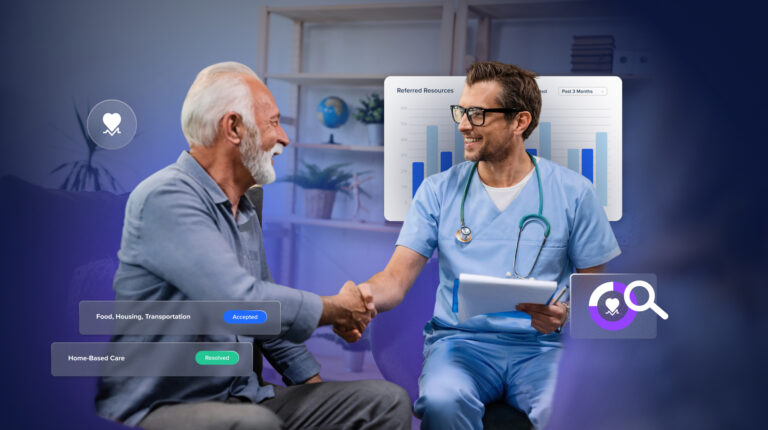
What Healthcare Leaders Can Learn From Crime Reduction in America
Sabina Loscalzo
When it comes to reducing crime, improving community health, or increasing access to education, we as a society have fallen short on creating sustainable long-term change. Undoubtedly, the challenges we face are complex which makes achieving systemic change difficult, but there is one solution area that we often overlook and that is the ordinary citizen.
In a recent article by the New York Times, Emily Badger dives into the “unsung role that ordinary citizens played in the great crime decline.” The article explores multiple examples of cities that experienced significant crime reduction over the past decade and the role that community organizations and ordinary citizens played in their success. Badger notes that for “Every 10 additional organizations in a city with 100,000 residents, they estimate, led to a 9 percent drop in the murder rate and a 6 percent drop in violent crime.”
These numbers speak volumes to the impact that the “ordinary citizen” can have in addressing a problem so complex and huge, and it makes you wonder, if community organizations have this impact on reducing crime then what is the impact these individuals can have on reducing health disparities and improving community health outcomes?
Today, institutions like our hospitals, police enforcement, and government hold much of the influence and power when it comes to addressing social issues. But at the end of the day these entities are not responsible for everything that happens in a community and let’s be honest: they cannot control everything that happens.
This leads us to the question: who can make a real difference when it comes to combatting major issues like improving health disparities in marginalized communities or reducing crime to make our communities safer? From experience we have seen that community nonprofits, local organizations, and ordinary citizens are the drivers of long term change and it’s time we give them some more influence.
Since the healthcare industry has embarked on this transition towards value-based care, with a large emphasis on addressing the social determinants of health (SDoH), we must look to examples such as the one around crime reduction. Community organizations and local citizens play an important role and if healthcare leaders do not increase their support to empower these organizations and individuals then we have missed a large opportunity to make a difference.
Through a growing dialogue around the SDoH and improving cross-sector collaboration we have started to see some new innovative programs coming from CMS like the Delivery System Reform Incentive Payment Program (DSRIP) and the Accountable Health Communities model, but the challenge remains: hospitals continue to be the center of the care universe even when it comes to social issues, resulting in vulnerable populations seeking clinical care for their social needs.
To address this challenge community leaders (clinical and social) must look to remove the burden from the clinical provider and empower local organizations to have an equal seat at the table. All providers along the continuum of care need to share the responsibility and improve accountability around their shared patient.
The Path Forward:
In a study conducted by Deloitte they found that 88% of hospitals cite that they are already screening patients for social needs. Across the board we are seeing improvement in cross-sector collaboration to address social needs of vulnerable populations, but currently the efforts are primarily in the form of a hospital screening patients and then giving a patient information for a community based organization. This process is manual and does not ensure any accountability around the patient getting connected to the right services they need.
The critical next step in addressing the social determinants of health to improve care delivery, reduce costs, and improve outcomes is to work with community partners and build quality and accountable community networks. Where each provider in the network is accountable for their patients’ health outcomes and the community is accountable for improving the health of their citizens.
Reducing crime and improving health outcomes may not have the exact same solution, but it would be folly for healthcare leaders to not learn from the success of crime reduction in America.
Unite Us has worked with 31 communities across the country to build quality and accountable community networks. We build and power these networks through our proven process and our software to facilitate collaboration, improve accountability, and track patient outcomes. For more information on how to start a network please fill out your information here.



